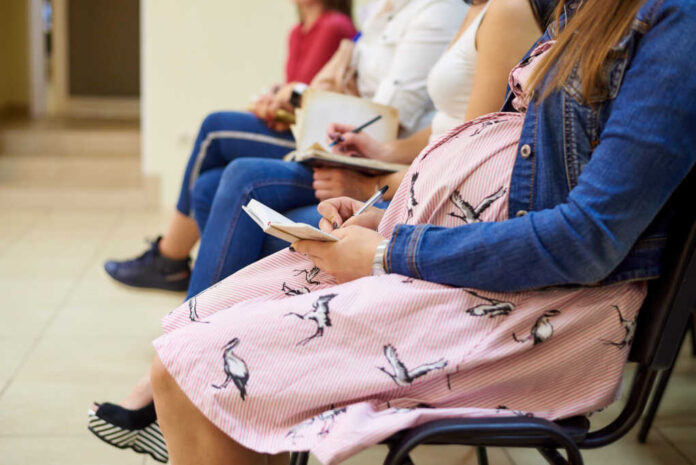
In a post-Dobbs America, where fetal personhood laws reign supreme, pregnant women are increasingly finding themselves facing felony charges for pregnancy outcomes.
Story Highlights
- Pregnant women face felony charges due to fetal personhood laws.
- Over 210 women charged post-Dobbs decision as legal landscape shifts.
- Healthcare providers caught between medical ethics and legal mandates.
- Advocacy groups push back against criminalization of pregnancy outcomes.
Escalating Prosecutions Post-Dobbs
Following the Supreme Court’s 2022 Dobbs decision, which overturned Roe v. Wade, states with aggressive fetal personhood laws have seen a sharp increase in the prosecution of pregnant women. The case of a woman facing felony charges while pregnant with her fifteenth child is emblematic of this troubling trend. Advocacy groups like Pregnancy Justice have documented over 210 such cases, but the actual number may be significantly higher.
This legal shift has emboldened prosecutors to pursue charges in situations that were not previously criminalized. The implications of these prosecutions are profound, affecting not only the women charged but also the healthcare providers who are now required to report any suspicions of harm to a fetus.
She Was Ready to Have Her 15th Child. Then Came the Felony Charges. https://t.co/KuEPSVGYKY via @NYTimes
— S Sebag Montefiore (@simonmontefiore) November 3, 2025
Healthcare Providers Under Pressure
Healthcare providers find themselves in a precarious position, caught between their duty to care for patients and legal mandates requiring them to report potential harm to unborn children. This has led to increased fear among pregnant women, who may avoid seeking medical care due to the risk of arrest and prosecution. The chilling effect on reproductive healthcare is palpable, and the erosion of trust between patients and providers could have long-term consequences.
The intersection of healthcare and criminal law in states like Alabama, Oklahoma, and South Carolina highlights the urgent need for policy change. Advocacy groups are actively pushing for reforms to separate healthcare from the reach of criminal prosecution, emphasizing the importance of protecting women’s rights and maintaining ethical medical practices.
She Was Ready to Have Her 15th Child. Then Came the Felony Charges. – The New York Times https://t.co/ti99vAWPk4
— ForensicPsyMD (@ForensicPsyMD) November 2, 2025
Advocacy and Resistance
Organizations like Pregnancy Justice are at the forefront of documenting and resisting the criminalization of pregnancy outcomes. They argue that the aggressive prosecution strategies post-Dobbs are driven by a legal fiction that grants constitutional rights to embryos and fetuses, often at the expense of women’s rights and healthcare access. Their reports, supported by multiple reputable sources, provide a well-documented account of the systemic issues at play.
As the legal landscape continues to evolve, the role of advocacy groups becomes even more critical. Their efforts aim to raise awareness, challenge unjust laws, and support those affected by these prosecutions. The broader implications for society, including the potential normalization of policing pregnant women’s behavior, underscore the need for a balanced approach that respects both fetal rights and women’s autonomy.
Sources:
Ms. Magazine: Pregnant Women Jail Post-Dobbs
Mother Jones: Fetal Personhood and Criminalization
CBS News: Pregnancy Charges Post-Dobbs


















